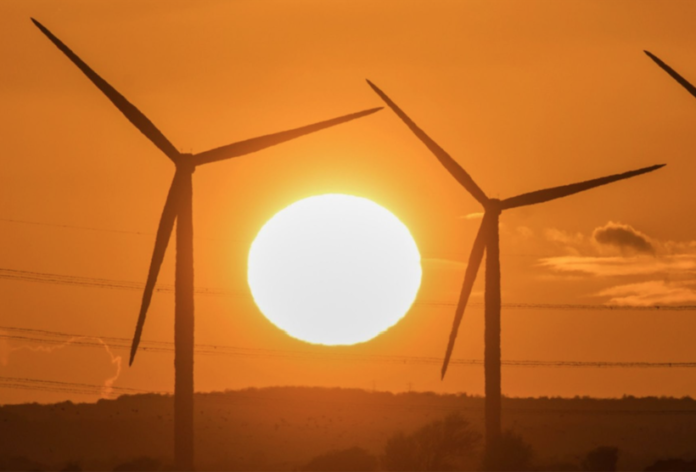Corporations purchased a record of 23.7 GW of clean energy in 2020, up from 20.1 GW in 2019 and 13.6 GW in 2018, according to new research published by BloombergNEF (BNEF). The increase came despite a year devastated by the COVID-19 pandemic, a global recession and uncertainty about U.S. energy policy ahead of the presidential election.
BNEF finds in its 1H 2021 Corporate Energy Market Outlook that clean energy contracts were signed by more than 130 companies in sectors ranging from oil and gas to big tech. Underpinning the market is surging stakeholder interest in corporate sustainability and expanding access to clean energy globally.
“Internal corporate functions were disrupted at the outset of the pandemic and many companies saw revenues plummet as global economies buckled,” says Kyle Harrison, senior associate of BNEF and the lead author of the report. “Question marks before – and after – the U.S. election further complicated long-term decision-making for companies. To grow the clean energy procurement market under these conditions is a testament to how high sustainability is on many corporations’ agendas.”
The U.S. was once again the largest market, but was less dominant than in previous years. Companies announced 11.9 GW of corporate PPAs in the U.S. in 2020, down from 14.1 GW in 2019 – the first year-on-year drop since 2016. The first half, coinciding with the start of the pandemic, was particularly subdued, with companies announcing just 4.3 GW of corporate PPAs in the U.S. in that period.
Amazon was the leading buyer of clean energy in 2020, announcing 35 separate clean energy PPAs in 2020, totalling 5.1 GW. The company has now purchased over 7.5 GW of clean energy to date, vaulting it ahead of Google (6.6 GW) and Facebook (5.9 GW) as the world’s largest clean energy buyer. French oil major Total (3 GW), TSMC (1.2 GW) and U.S. telecom Verizon (1 GW) were the next largest corporate buyers of clean energy in 2020.
The flow of new companies making clean energy commitments is another indicator of how much more the market can grow. Some 65 new companies joined the RE100 in 2020, pledging to offset 100% of their electricity consumption with clean energy. BNEF forecasts that the 285 RE100 members will collectively need to purchase an additional 269 TWh of clean electricity in 2030 to meet their RE100 goals. Should this shortfall be met exclusively with offsite PPAs, it would catalyze an estimated 93 GW of new, incremental solar and wind build.




